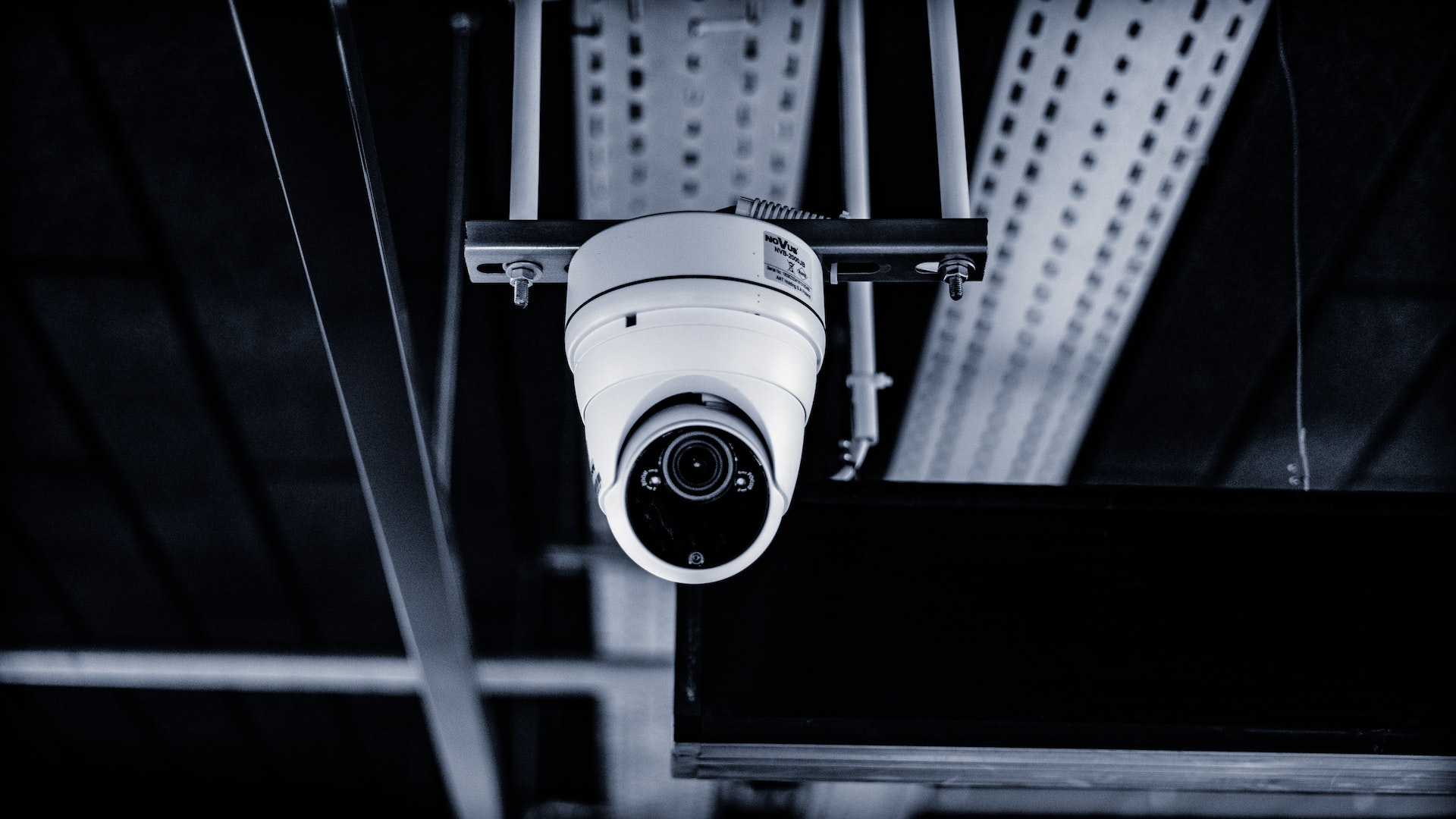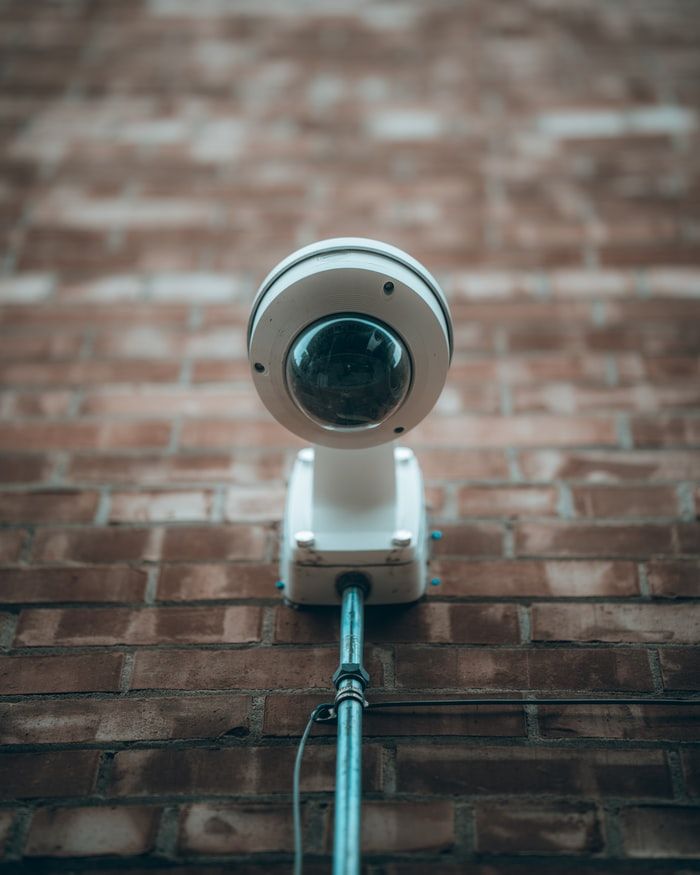Can Security Cameras Record Sound
Cameras for surveillance have rapidly become an indispensable component of today’s technologically advanced security systems. They are frequently installed in private residences, commercial establishments, and public areas to deter criminal activity and obtain surveillance footage if an incident occurs. The ability of security cameras to record sound is a concern that comes up frequently in conversations about these devices. We shall look into the answer to this query and discuss the implications of recording sound with security cameras in the following section of this article.

Are Sound Recordings Possible on Security Cameras?
To answer this question in a nutshell: yes, security cameras can record sound. Most modern surveillance cameras have an internal microphone that can record audio. This feature is in addition to video footage. It’s beneficial when the audio of an event being recorded can contribute significantly to understanding its context. For instance, recording sound alongside video footage in a commercial setting can help identify fraudulent activities, employee theft, or workplace misconduct. Recording sound in a residential neighborhood can help provide evidence in situations involving domestic violence, theft, or vandalism.
However, it’s necessary to remember that not all surveillance cameras are equipped with this feature. While other security cameras only record video footage, some come with a detachable microphone that can be attached to the camera later. Before making a purchase of a security camera, it’s essential to ensure that the camera can record sound if this is a desired feature. You can do it by checking the camera’s specifications.
Implications of the Law Regarding Sound Recordings
 Knowing the legal implications of using security cameras that record sound is crucial because doing so can be helpful. However, it is also important to avoid breaking any laws. In many neighborhoods and areas, it is against the law to record sound without first obtaining consent. It is because of violating the privacy rights of the people whose conversations or other audio are being recorded, and by recording those conversations or other audio without their consent. You must examine the laws governing sound recording in your jurisdiction before using a security camera to record sound. The rules governing sound recording differ depending on the country and state.
Knowing the legal implications of using security cameras that record sound is crucial because doing so can be helpful. However, it is also important to avoid breaking any laws. In many neighborhoods and areas, it is against the law to record sound without first obtaining consent. It is because of violating the privacy rights of the people whose conversations or other audio are being recorded, and by recording those conversations or other audio without their consent. You must examine the laws governing sound recording in your jurisdiction before using a security camera to record sound. The rules governing sound recording differ depending on the country and state.
Recording sound is possible in certain circumstances. This includes when the individuals whose voices are being captured are aware that they’re being recorded and have permission for the recording to occur. For instance, employers in a commercial setting may be required to disclose to their staff members that their conversations are monitored and recorded for safety reasons. Similarly, signs can be displayed in public areas to inform people that they may be monitored or recorded for safety reasons.
Even when it is permissible to record sound, one should still exercise caution and refrain. Only do so when necessary. Recording sound can violate someone’s right to privacy and cause legal complications. This happens when recording conversations or other unnecessary audio to maintain security.
Conclusion
To summarize, security cameras can record sound. However, being aware of the legal repercussions of doing so is critical. It is essential to exercise caution and only record sound when it is vital. This is even though sound can add significant context to security footage if it is recorded. Furthermore, researching the laws in your jurisdiction is paramount before using a security camera to record sound. It should allow you to ensure that you are not infringing on any individual’s rights to privacy.

